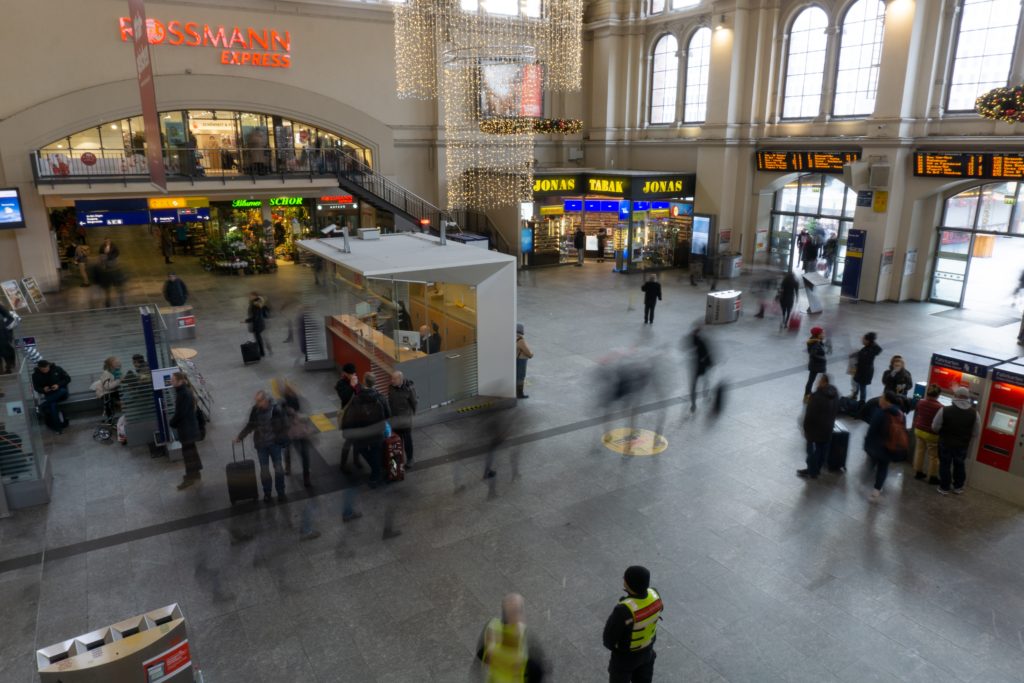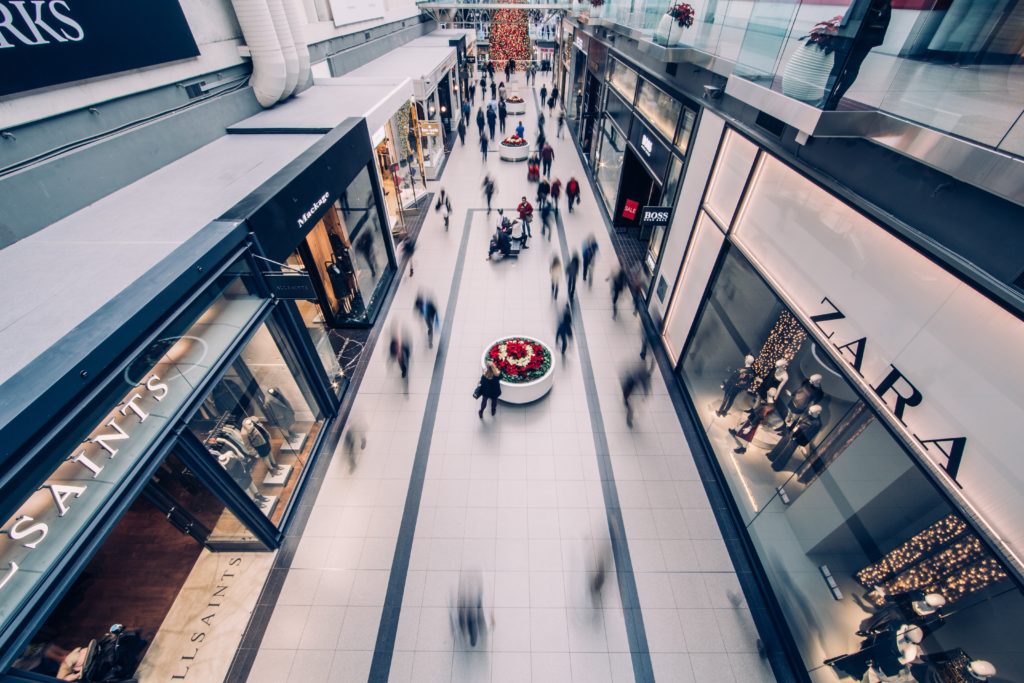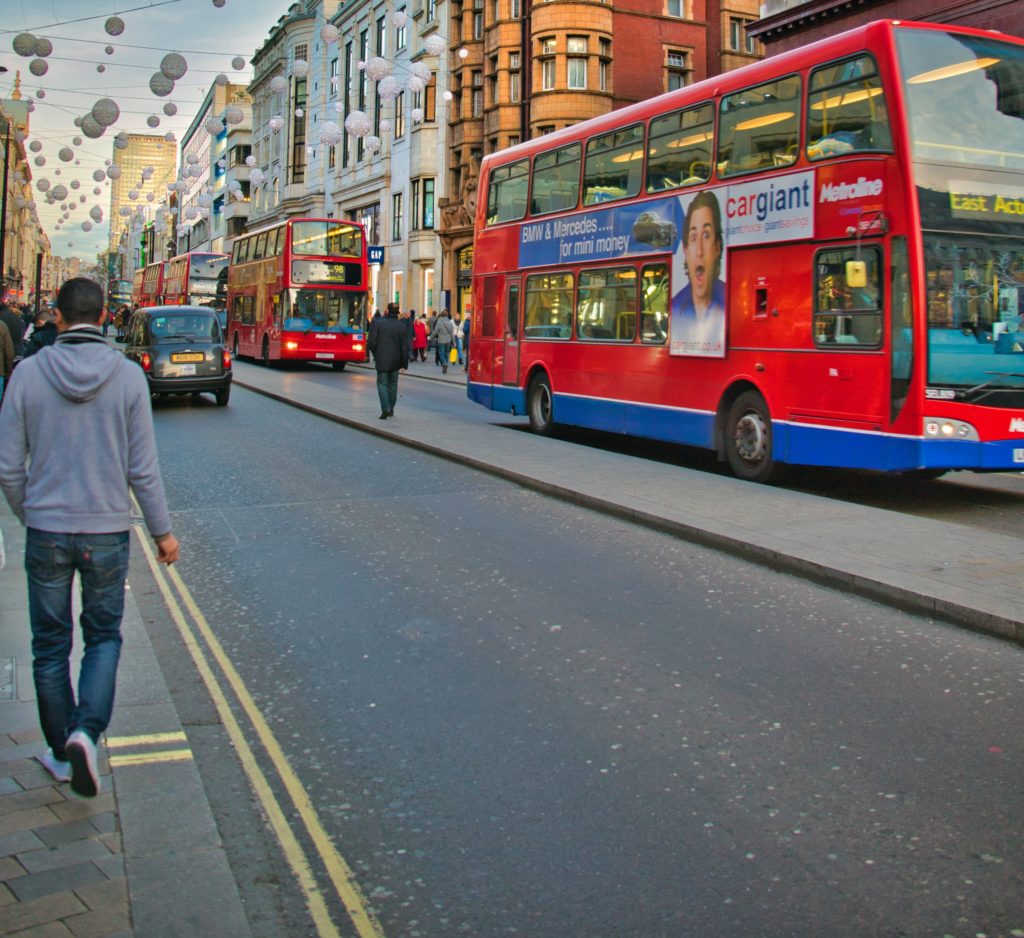Three tips on staying safe during Coronavirus for security staff
As government figures show security guards have had the highest death rate of all professions, the Security Industry Authority lays out some guidelines

While much has been said on the risks for NHS staff, bus drivers and store workers during the pandemic, there has been little commentary on the dangers faced by security guards. Yet according to the Office for National Statistics (ONS), men working as security guards have had the highest Covid-19 death rate of all the professions.
The latest statistics show that between March 9th and May 25th, 2020, 104 male security guards lost their lives to Covid-19, putting the death rate for this profession at 74 deaths per 100,000. Though more men working in healthcare and as taxi drivers died in the same period of time – 130 and 134, respectively – the percentage of the workforce was lower – 30.4 deaths per 100,000 for healthcare workers and 65.3 deaths per 100,000 for drivers.

“The ONS has pointed out that these figures are not adjusted to take account of other characteristics that might make a person vulnerable to the virus, such as ethnicity, place of residence or low pay,” points out Ian Todd, chief executive of the Security Industry Authority (SIA). “The ONS also states that two-thirds of the working age people who have died are men. We know from our own work that approximately 90% of SIA licence holders are men. While it might be too early to draw firm conclusions, these figures are a reminder of the importance of employers meeting their legal obligations to ensure the safety of their staff.”

The SIA has been working throughout the pandemic to guide its licenced security personnel on how to adapt to new post-Covid-19 working environments. Here are three common questions its members have been asking, and the SIA’s responses.
- Does an employer have a responsibility to provide PPE (personal protection equipment), such as facemasks, to their staff?
“All employers should carry out risk assessments to ensure that staff are provided with the appropriate equipment to fulfil their role safely and securely. Any assessment and mitigation of risk should consider the most up-to-date government guidance on the use of PPE. The government has published a number of guides for those working in a variety of environments. They can be found here. The current advice suggests that the added value from some measures is very limited outside of a clinical/medical setting. The guidance continues to highlight the overwhelming benefits of good hand hygiene, and the limited role of face coverings. Stipulation of PPE is assignment-specific, and the responsibility of the employer or venue. It is outside the powers of the SIA to prescribe use of specific equipment.”
- Is there any guidance on detaining people safely in the current environment?
“The safety of staff requires employers (the contracted security company) to carry out on-the-ground risk assessments, which will take into account the challenges of the current situation. The assessments will include the need for personal protective equipment, client policies and identifying any further training required. The professional training of SIA licence holders encourages de-escalation of incidents with physical intervention only used as a last resort. We are concerned that security officers can have to deal with violent or abusive situations and we encourage all staff to report incidents to managers. Incidents may also need to be escalated to the Health and Safety Executive. The standards of professional behaviour displayed by security officers should be the same as they are usually.”
- Can security staff ask members of the public to remove their masks in order to confirm their identity or age?
“The latest current government guidance for restaurants, pubs, bars, and takeaway services states: “Customers…should be prepared to remove face coverings safely if asked to do so by police officers and staff for the purposes of identification.” ‘Staff’ in this case includes security staff in shops, pubs, restaurants, business premises and other settings whenever such checks might be necessary.”





